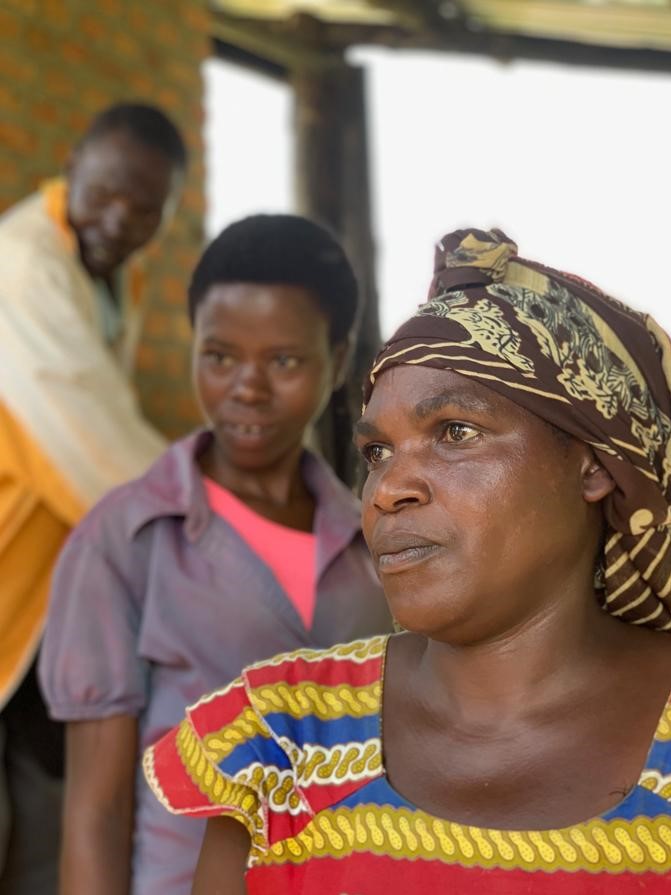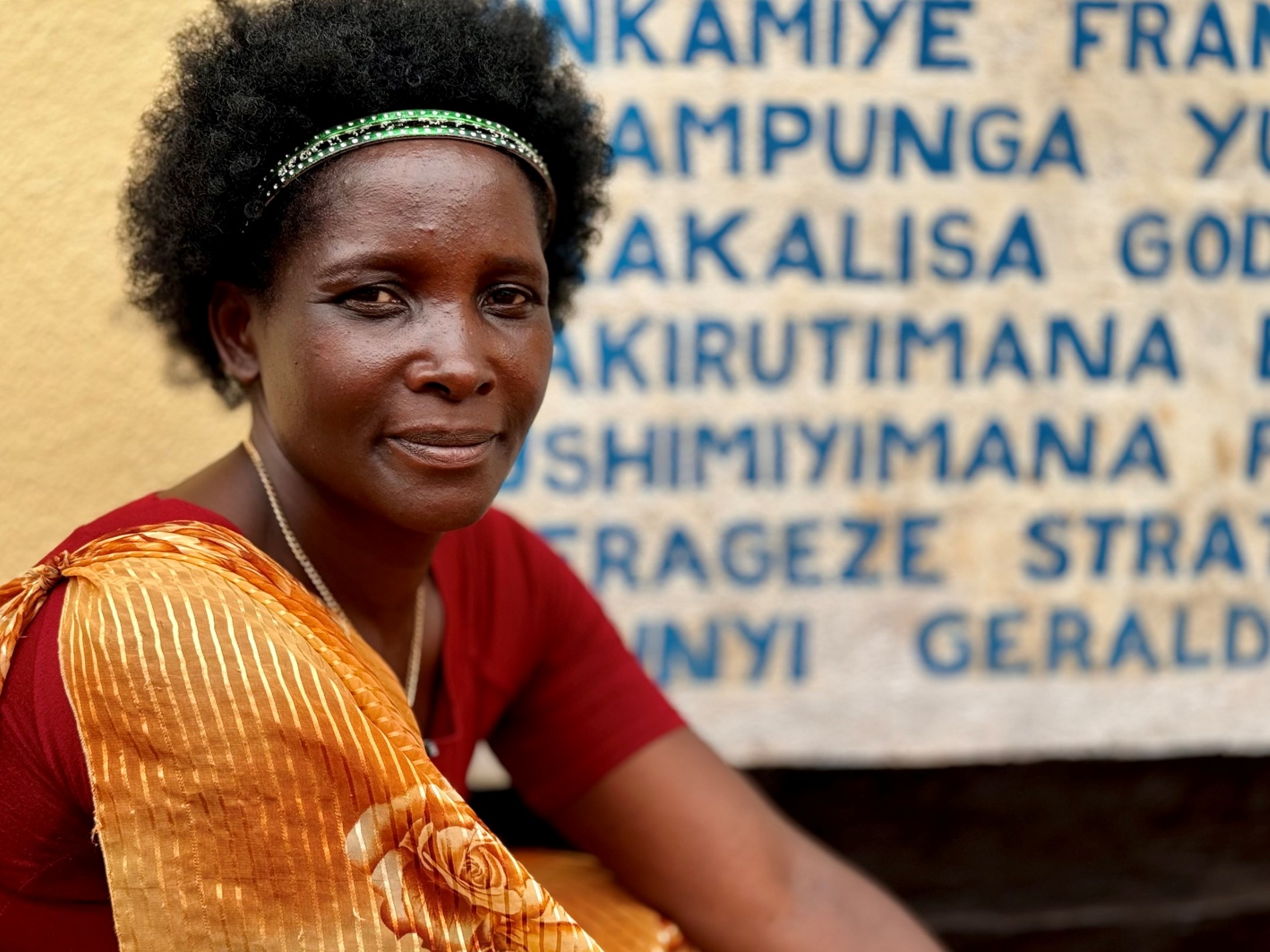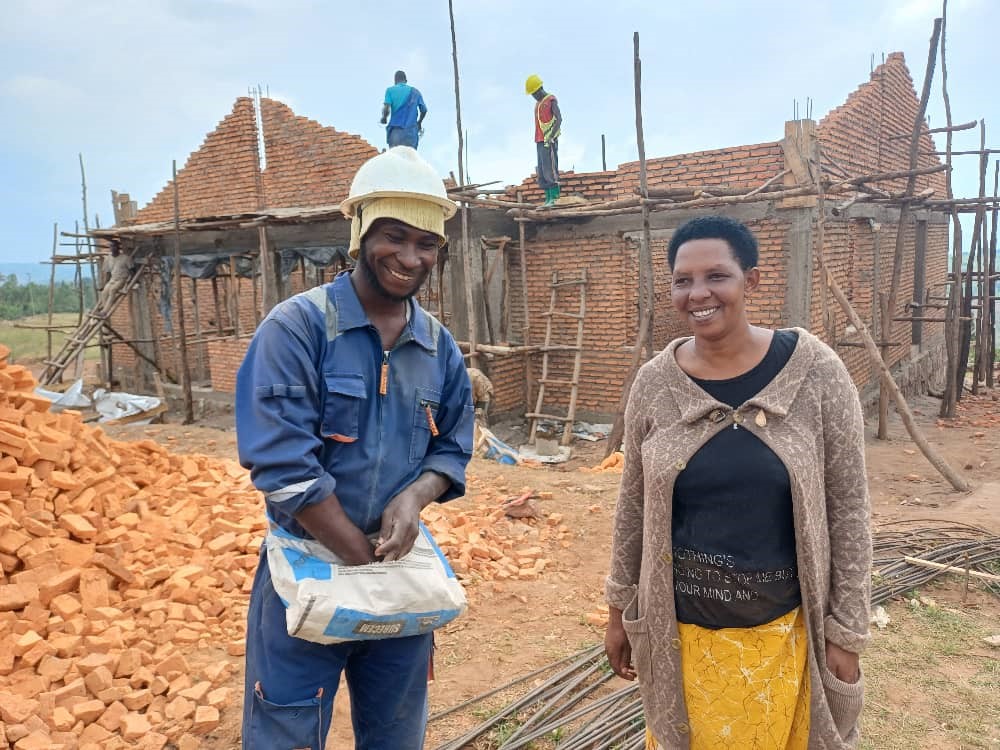“I didn’t want to see another mother needlessly die in childbirth” - Specioza Our organizing in Rwanda began in 2009 in the rural village of Mumeya, where mothers…
PICO Rwanda changes ways of doing business
“I have never ever experienced such training where ordinary people mingle with the Mayor in the training led by ordinary persons. Back in my district I see the Mayor leading meeting with high ranking officials and business men…also, It’s my first time to see a catholic priest working together with a Protestant pastor” – Nyamata leader commenting on training led by PICO Rwanda leaders from Mumeya.
Ten years ago, PICO Rwanda was born when 300 people gathered under the Jesus Tree in Mumeya to hear Pastor John Rutsindintwarane express his commitment to work with them to address the critical needs of their isolated rural community. This month, 100 government, church, student and village leaders from communities across Rwanda gathered under that same tree to learn about the our model of organizing from a core of those very same Mumeya leaders. This model has been empowering grassroots leaders in Rwanda, changing the way government operates, and creating dramatic change for the poorest communities in the country. The price for attendance at this training was a written commitment to implement these organizing practices in their own communities.
In the ten years between these extraordinary events, the people of Mumeya and five other local communities have organized their labor and leveraged the government funding needed to build two health clinics, a disease prevention center, three houses, and three schools and bring water and electricity to isolated villages. They have formed cooperatives to launch successful roofing tile, farm produce, artisan, and clinic businesses.
PICO Rwanda organizing is becoming a nationally recognized model for the poorest communities to participate in and hold government accountable to the aggressive goals for poverty reduction, women’s equality, and decentralized decision-making. Grassroots leaders are creating their own future by uniting communities across faith and ethnic divisions. Rather than the usual top down approach, PICO Rwanda organizing is empowering people from the grassroots to experience equality with government and church leaders. Leaders believe genocide will never happen again in Rwanda if this approach can be shared across the country.
We are extremely grateful for the many people who have made Faith in Action work in Rwanda possible. It is our vision at Faith in Action International to share our experience with other countries in East Africa, and our sisters and brothers in the United States. We need grassroots unity to fully vanquish colonialism in all its forms. We believe we are stronger together as Faith in Action.



